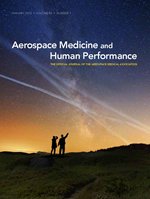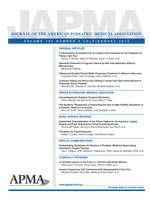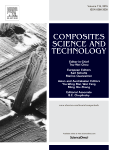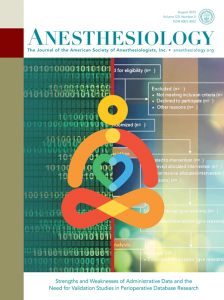
An investigation into the work of Olivier Voinnet by The EMBO Journal has led to another two retractions and three more corrections for the high-profile plant scientist, now suspended from the CNRS for two years.
According to the authors, Voinnet was responsible for some of the errors; all papers have been questioned on PubPeer.
The EMBO J, the flagship publication of the European Molecular Biology Organization, posted four notices earlier today and told Retraction Watch that the notice for the fifth paper would be posted by tomorrow.
This latest round brings our count for Voinnet up to Continue reading EMBO investigation yields two more retractions and three corrections for Voinnet







